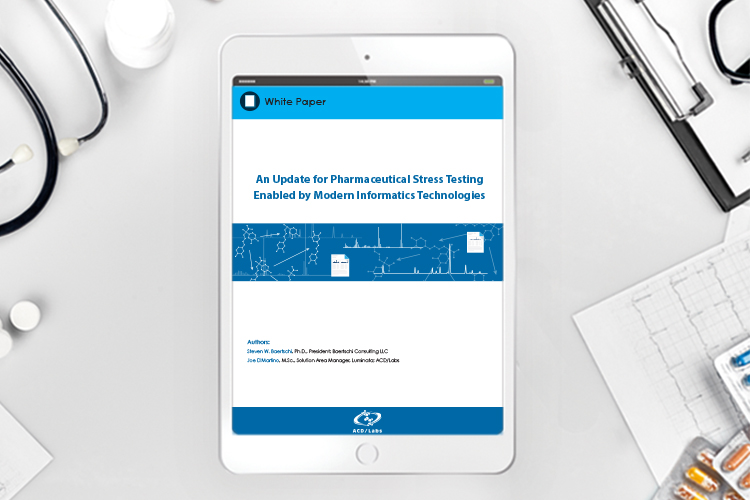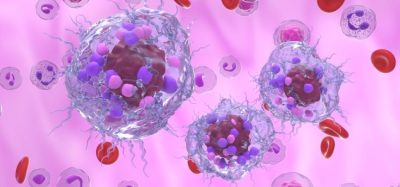Whitepaper: An Update for Pharmaceutical Stress Testing Enabled by Modern Informatics Technologies
Posted: 2 December 2019 | ACD/Labs | No comments yet
Stress testing or forced degradation is well recognized as a fundamental part of the drug development process, specifically related to purity through control of stability.
Control strategies for stability require “stability-indicating” analytical methods, The development and validation of such methods is built on the foundation of well-designed and conducted stress testing studies. The complete regulatory definition of stress testing is found in Q1A(R2).1
An excerpt of this definition is: “stress testing…can help identify the likely degradation products, which can in turn help establish the degradation pathways and the intrinsic stability of the molecule and validate the stability indicating power of the analytical procedures used.”
Conditions for stressing include elevated heat and humidity, susceptibility to hydrolysis across a wide pH range, susceptibility to oxidative and photolytic degradation, and in the case of biologics, freeze-thaw cycles and shear (when appropriate).3
Related content from this organisation
Related topics
Analytical techniques, Drug Development, Manufacturing, Technology










